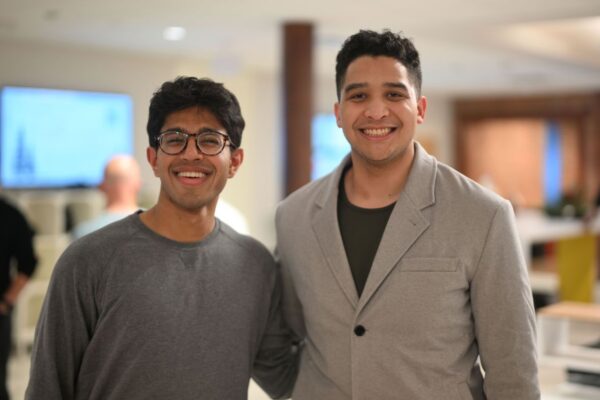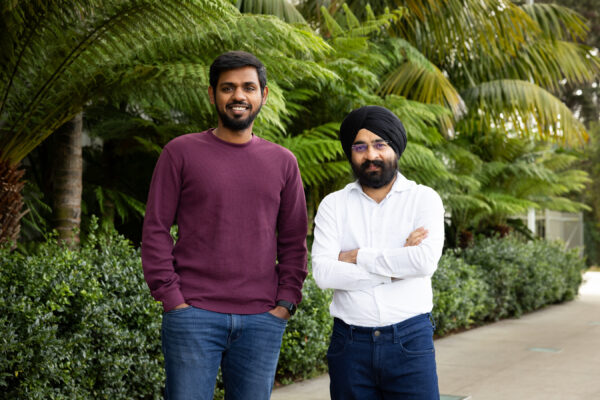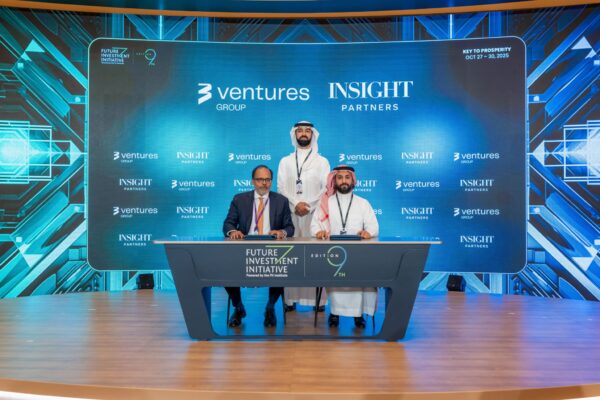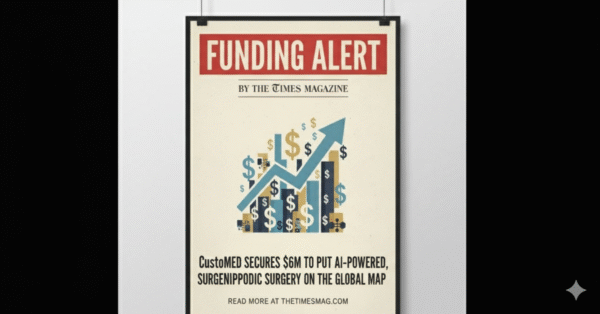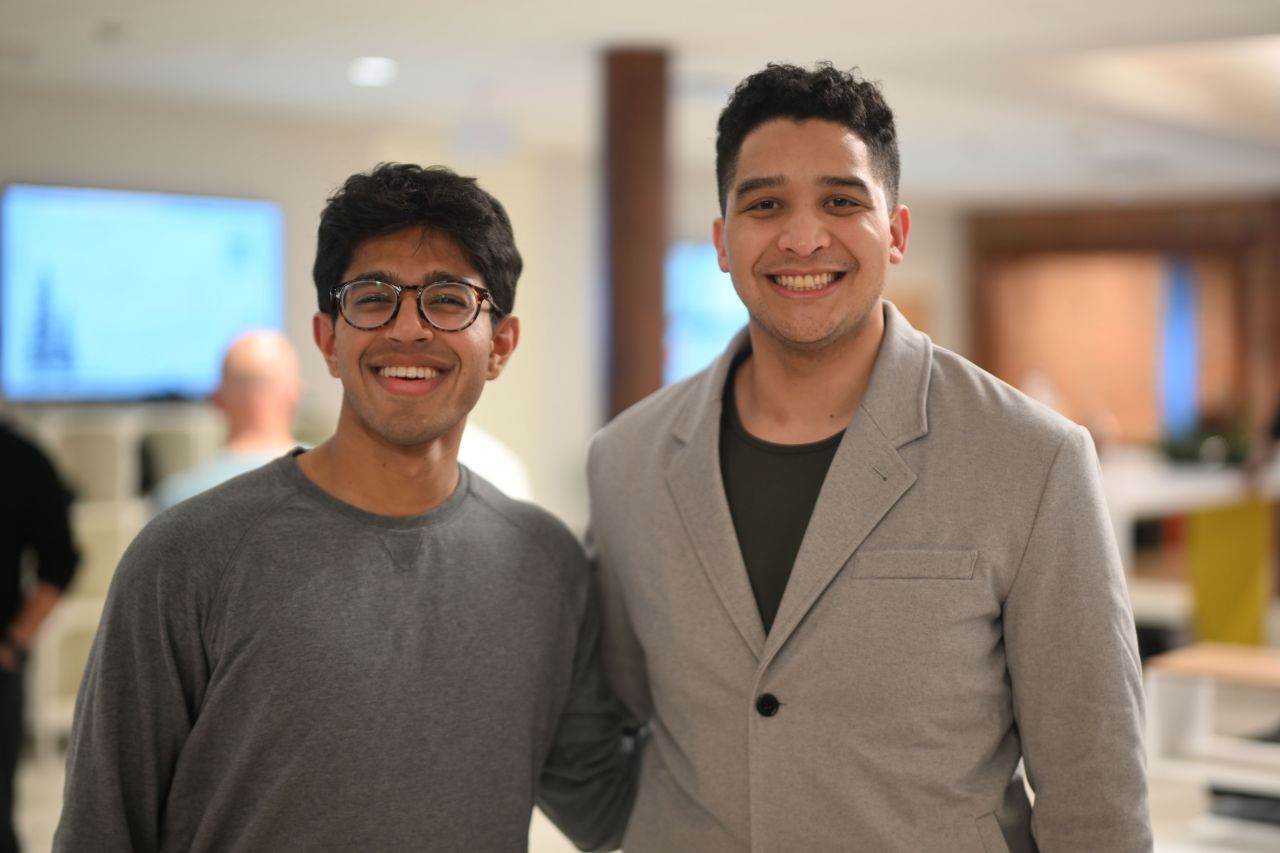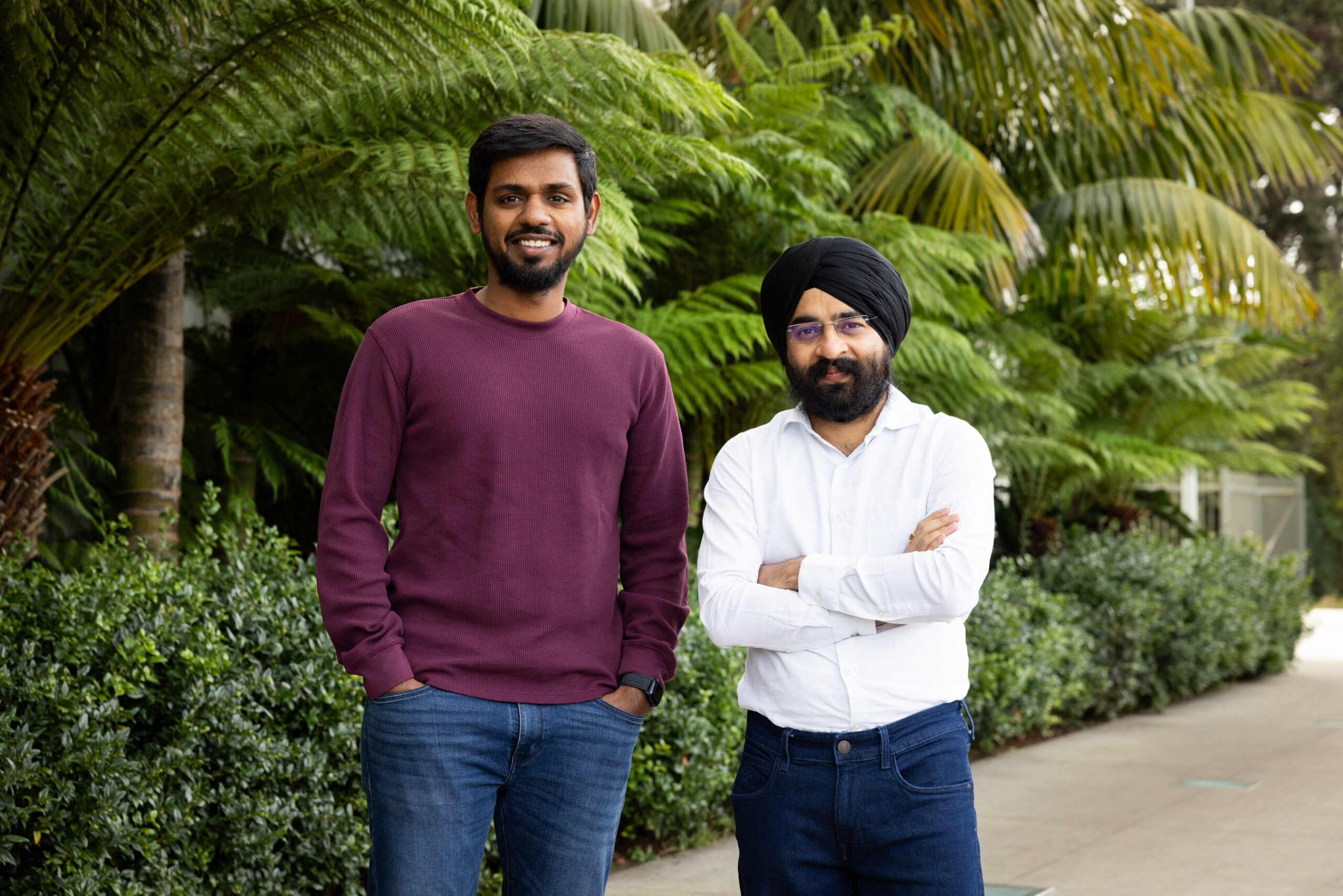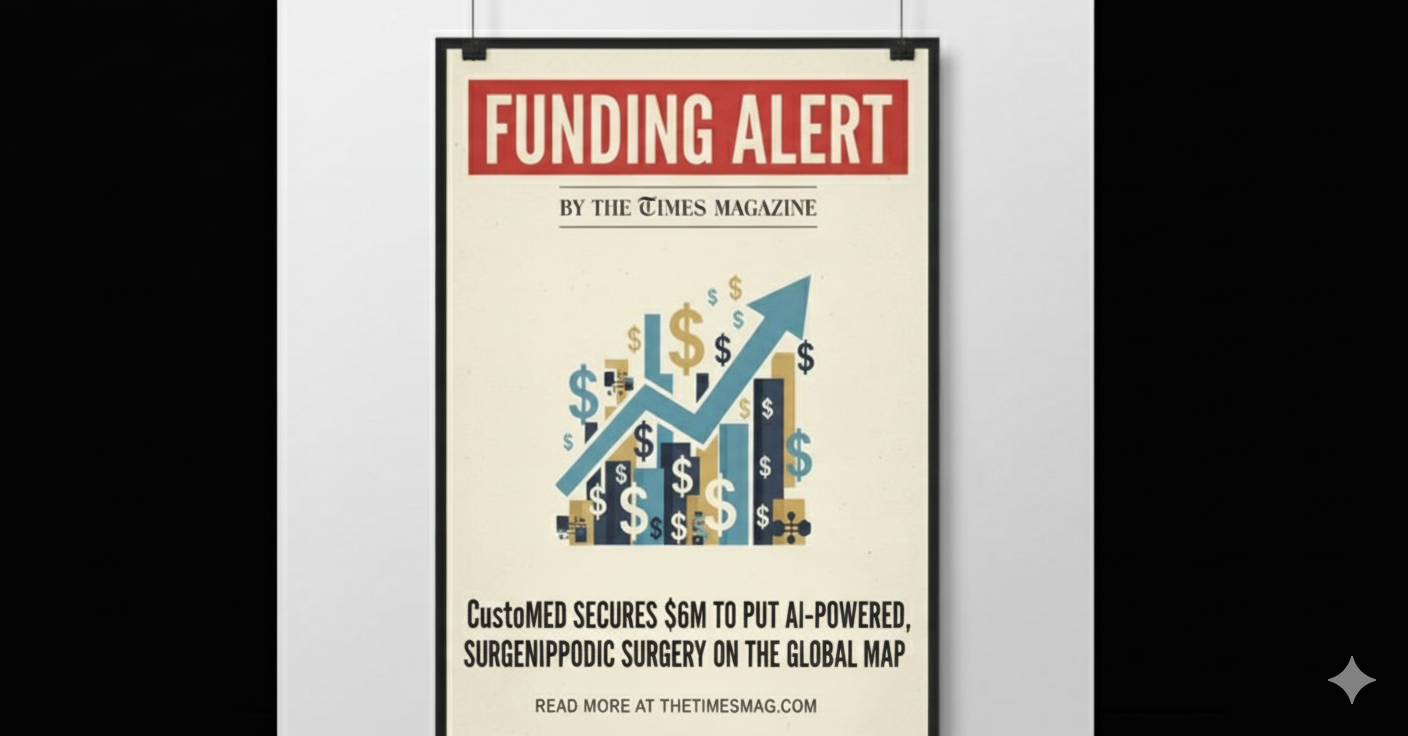In a striking intersection of biotechnology and artificial intelligence, Valthos Inc. has emerged from stealth with a $30 million seed financing round—led by the OpenAI Startup Fund, Lux Capital and Founders Fund—to build what it calls the “tech stack for biodefense.”
Founded by Kathleen McMahon (previously head of Life Sciences at Palantir Technologies) and Tess van Stekelenburg (formerly a venture partner at Lux Capital), the New York-based company brings together engineers and computational biologists from top institutions including DeepMind, the Broad Institute and the Arc Institute.
McMahon frames the mission tersely: “The only way to deter an attack is to know when it’s happening, update countermeasures, and deploy them fast.” Van Stekelenburg adds context: “In this new world, the only way forward is to be faster. So we set out to build a new tech stack for biodefense.” PR Newswire
Valthos’s proposition sits at a compelling—and alarming—juncture: as biotechnologies and AI grow in power and accessibility, so too does the risk of synthetic biological threats. The startup’s software is designed to analyse disparate biological datasets (from air and wastewater monitoring, genetic sequences and more), apply AI to detect anomalies and then rapidly drive the design of medical countermeasures.
With the freshly raised funds, Valthos plans to scale its engineering team and build out infrastructure targeting both governmental and commercial stakeholders.
Analysis & Industry Perspective
The $30 million raise by Valthos underscores a powerful shift: biodefense is no longer the exclusive purview of governments and legacy contractors—it is becoming a venture-backed technology play. Backing by OpenAI signals that the AI community sees biological risk as one of the critical “dual-use” frontiers.
What this means for Valthos specifically: if it can successfully build its “tech stack for biodefense” and gain meaningful contracts with government agencies or pharma partners, it stands to become a foundational infrastructure player in a nascent market. But execution will be tough—biodefense demands not only cutting-edge AI but also data access, regulatory clearances, trust with state actors and real-world deployment of therapeutics or diagnostics.
From an industry lens, the convergence of AI, biotech and national security means we may be entering an era where “living systems” become code-driven—and the companies able to shape detection, response and adaptation may carry outsized strategic importance. Valthos is staking an early claim in this high stakes arena.
If you need further assistance or have any corrections, please reach out to editor@thetimesmag.com. For more such articles visit www.thetimesmag.com.

